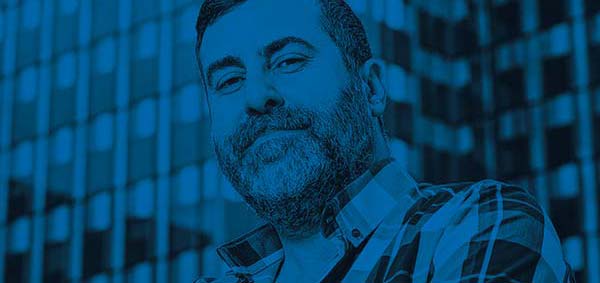The political system of the Lebanese Republic is, compared to many other countries, particularly complex. The various religious communities take a prominent place in the political institutions of the country. As many as eighteen officially recognized denominations not only exercise indirect influence, but literally shape the State. Their power has been enshrined in the Constitution. Both political mandates and positions in the civil service are distributed between these communities. This political balancing act creates both supporters and opponents. On the one hand, the system is said to promote an extreme form of communitarianism, which sacrifices public interest in favor of private interests. Others, on the other hand, see it as a guarantee for civil peace and believe that any disturbance of this delicate balance may have dramatic consequences, such as, for instance, the last civil war (1975-1990).
The Lebanese situation is also strongly affected by the large influx of refugees from neighboring countries. Today, 500,000 Palestinian and 1 million Syrian refugees live in Lebanon.
Three leading thinkers debate on the pros and cons of the Lebanese political model.
Dyab Abou Jahjah, born in Lebanon in 1971, is a writer, columnist and activist. He studied political science at the Catholic University of Louvain in Louvain la Neuve. In 2000, he founded the Arab European League (AEL). He wrote, among others, Tussen twee werelden (Between two worlds), Dagboek Beiroet Brussel (Diary Beirut Brussels), De Stad is van ons (The City Is Ours), and the very controversial Pleidooi voor radicalisering (Plea for Radicalization). He had a weekly column in the newspaper De Standaard and is chairman of the civil rights movement Movement X.
Jorn De Cock (º1971) works as an independent Middle East correspondent and publishes his articles in De Standaard, de Volkskrant, Trouw and Der Tagesspiegel. He has been living in Beirut since 2011, after a forced departure from his previous professional residence, Damascus. Aside from his journalistic work, he has also written two books on the Arab world, Arabische Dageraad (Arab Dawn) and Arabische Lente, een reis tussen revolutie en fatwa (Arab Spring, a journey between revolution and fatwa). He is currently working on a book about Lebanon and the Levant during the First World War.
Fawwaz Traboulsi is professor of history and politics at the Lebanese American University, Beirut. He wrote extensively about Arab history, politics, social movements and popular culture. He has numerous publications to his name, including A History of Modern Lebanon (2007) , and has translated several books into Arabic, including the works of Edward Said, Karl Marx, John Reed, Antonio Gramsci, Isaac Deutscher, John Berger, Etel Adnan and Saidi Yusuf.
In French
